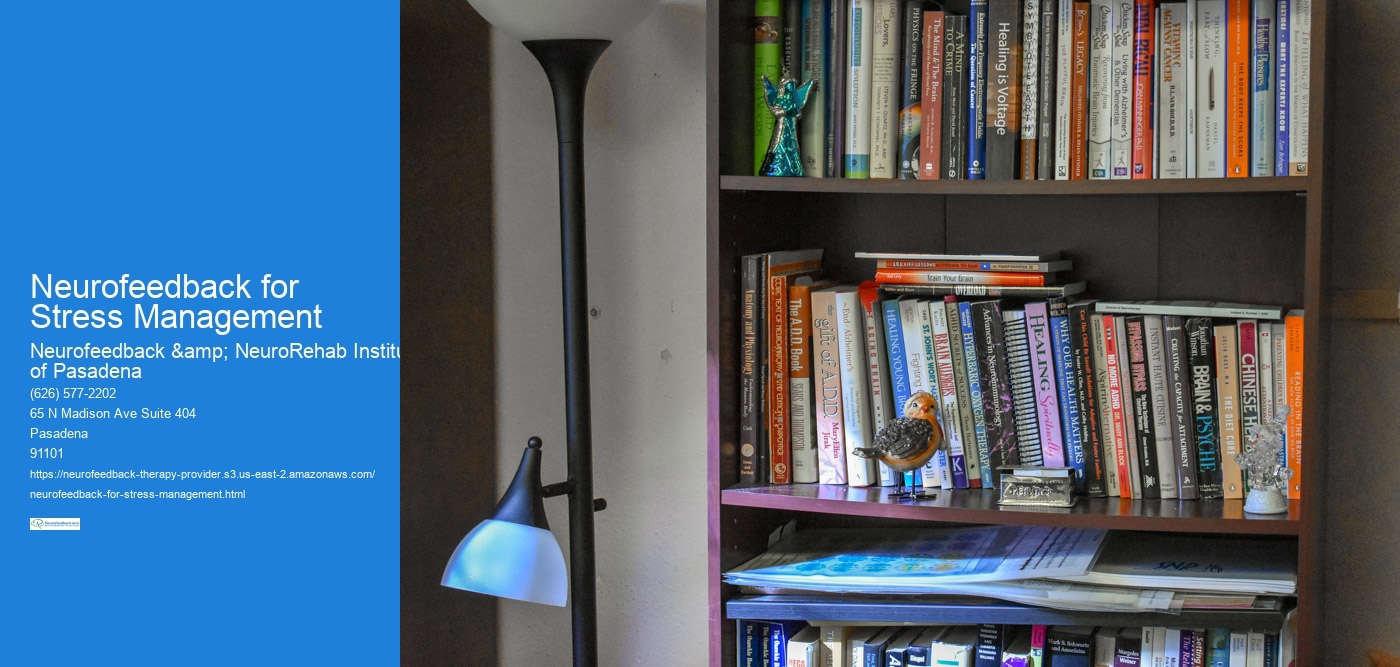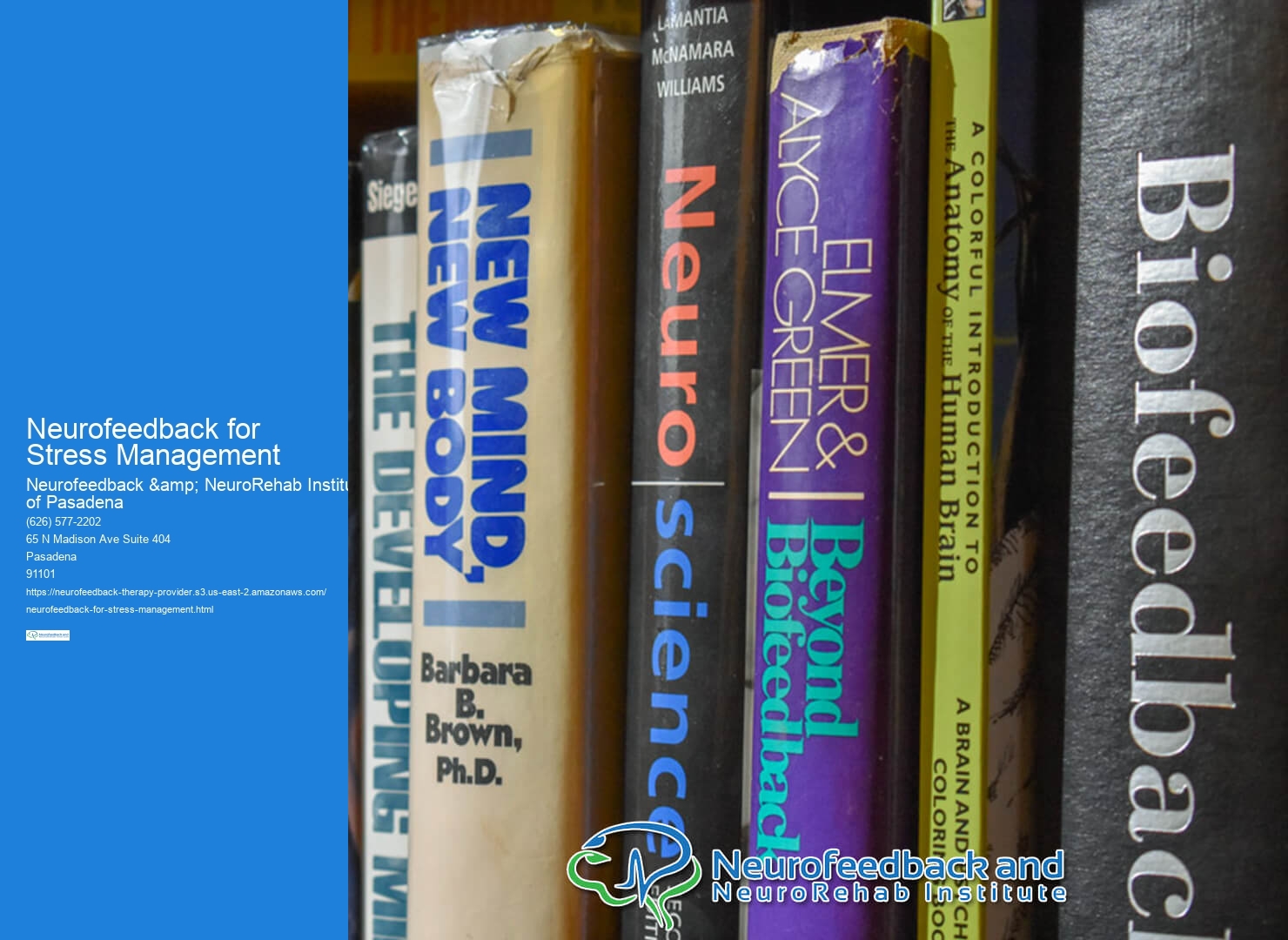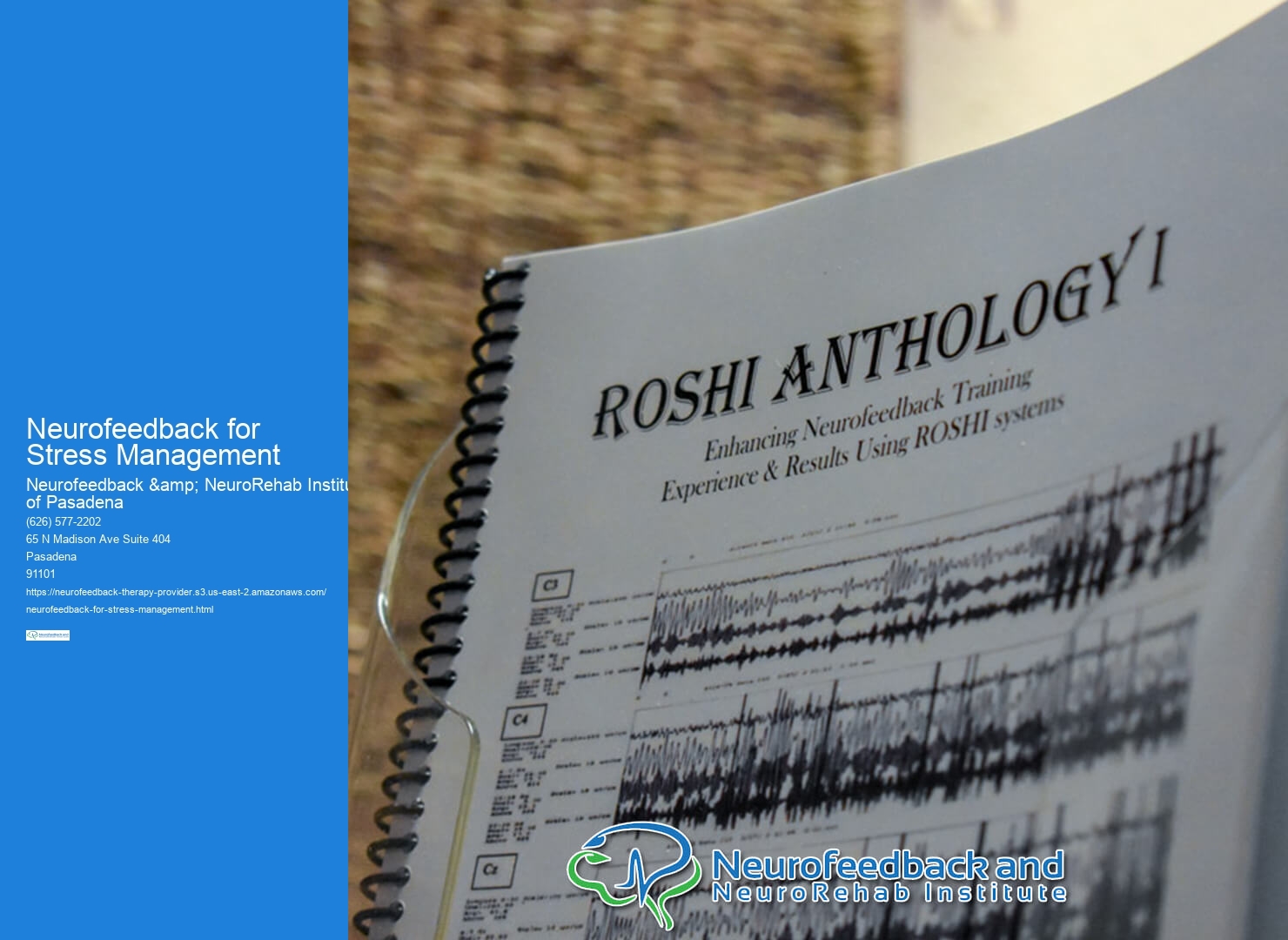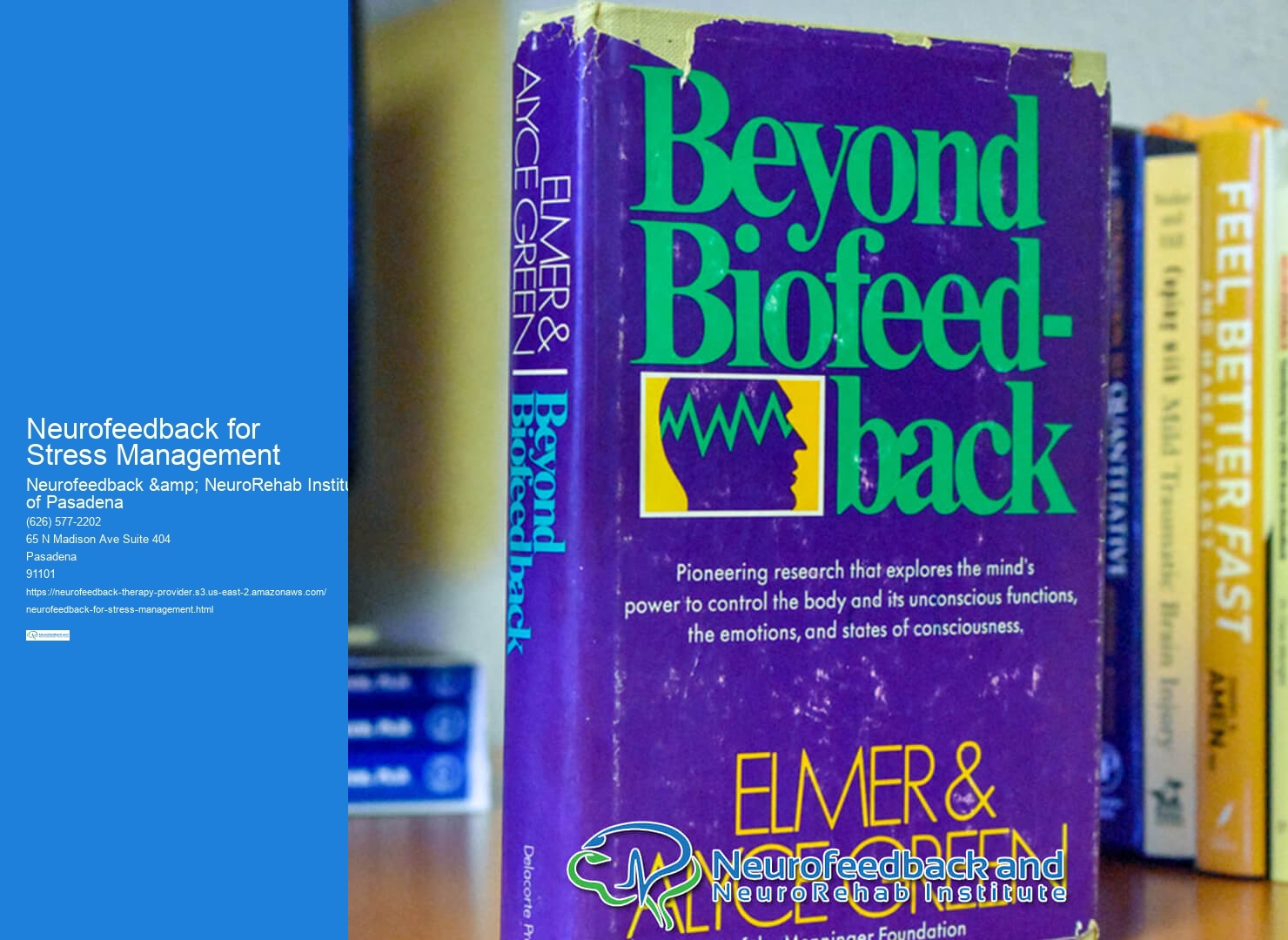

Neurofeedback is a non-invasive therapy that can help manage stress levels by training the brain to regulate its own activity. By providing real-time feedback on brainwave patterns, neurofeedback helps individuals learn to self-regulate their stress response. This can lead to improved emotional regulation, reduced anxiety, and overall better stress management. EEG Biofeedback Trainer Through repetitive sessions, individuals can learn to recognize and modify their brainwave patterns, leading to long-term stress reduction.
During neurofeedback sessions for stress management, specific brainwave patterns such as beta and alpha waves are targeted. Beta waves are associated with alertness and concentration, while alpha waves are linked to relaxation and calmness. By training the brain to increase alpha waves and decrease beta waves, individuals can experience a reduction in stress and anxiety levels. This process helps the brain achieve a more balanced and optimal state for stress management.
Neurofeedback can be used as a standalone treatment for stress, but it is often combined with other therapies for a comprehensive approach. EEG Neurofeedback Center Integrating neurofeedback with techniques such as cognitive-behavioral therapy or mindfulness practices can enhance the overall effectiveness of stress management. This combined approach addresses both the physiological and psychological aspects of stress, leading to more holistic and lasting results.

When conducted by a qualified practitioner, neurofeedback for stress management is generally safe and well-tolerated. However, some individuals may experience mild side effects such as temporary fatigue or headaches after sessions. It's essential to work with a trained professional who can monitor and adjust the neurofeedback protocol to minimize any potential risks. Brain Training Instructor Overall, the benefits of neurofeedback in stress management often outweigh the minimal risks associated with the treatment.
The timeline for seeing results from neurofeedback for stress reduction can vary depending on individual factors such as the severity of stress, overall health, and consistency of sessions. Some individuals may notice improvements after just a few sessions, while others may require more time to experience significant changes. Generally, consistent and regular neurofeedback sessions over several weeks can lead to noticeable reductions in stress levels and improved overall well-being.
Brainwave Monitoring Instructor
Neurofeedback has shown effectiveness in managing various types of stress and anxiety disorders, including generalized anxiety disorder, post-traumatic stress disorder, and social anxiety. The personalized nature of neurofeedback allows for targeted training to address specific stress patterns and symptoms experienced by individuals. Brain Training Therapist This tailored approach can lead to more precise and effective outcomes for different types of stress and anxiety disorders.
Practitioners providing neurofeedback for stress management should have relevant qualifications and training in neurofeedback therapy. This may include certification from recognized organizations, such as the Biofeedback Certification International Alliance (BCIA), and a background in psychology, neuroscience, or related fields. Additionally, practitioners should have experience in assessing and treating stress-related conditions, as well as a thorough understanding of the neurophysiological principles underlying neurofeedback therapy. By seeking out qualified practitioners, individuals can ensure they receive safe and effective neurofeedback treatment for stress management.

Neurofeedback, a form of biofeedback that focuses on brainwave activity, has shown promise in aiding addiction recovery. By targeting specific neural pathways and promoting self-regulation, neurofeedback can help individuals manage cravings, reduce impulsivity, and improve emotional regulation, all of which are crucial aspects of addiction recovery. Through operant conditioning, neurofeedback aims to retrain the brain's response to triggers and stressors, ultimately promoting healthier patterns of thought and behavior. This non-invasive, drug-free approach complements traditional addiction treatment methods and may offer individuals a valuable tool in their journey towards sustained recovery.
Yes, there are specialized neurofeedback programs designed specifically for athletes to enhance their performance. These programs often focus on improving cognitive functions such as attention, focus, decision-making, and emotional regulation, all of which are crucial for athletic success. Additionally, they may incorporate techniques to help athletes manage stress, anxiety, and performance-related pressure. By targeting specific brainwave patterns and training the brain to operate more efficiently, these specialized neurofeedback programs aim to optimize an athlete's mental and emotional state, leading to improved overall performance and resilience. Furthermore, some programs may also integrate biofeedback and neurocognitive assessments to provide a comprehensive understanding of an athlete's brain-body performance and tailor the neurofeedback training accordingly.
Alpha-Theta Neurofeedback is a form of neurofeedback therapy that aims to induce deep relaxation by targeting specific brainwave frequencies. By providing real-time feedback on the brain's electrical activity, this therapy helps individuals learn to self-regulate their brainwave patterns, particularly in the alpha and theta frequency ranges. Through this process, individuals can achieve a state of deep relaxation, calmness, and enhanced introspection. The neurofeedback sessions involve the use of specialized equipment to monitor and train the brainwave activity, promoting a sense of tranquility and mental clarity. This approach leverages the brain's natural ability to adapt and optimize its functioning, leading to improved relaxation and stress reduction.
Yes, there are neurofeedback programs specifically designed to enhance peak performance in musicians. These programs utilize neurofeedback techniques to help musicians improve their focus, concentration, and overall cognitive function, leading to enhanced musical performance. By targeting specific brainwave patterns and training the brain to achieve optimal states for creativity, concentration, and relaxation, neurofeedback can help musicians reach their peak potential. Additionally, these programs may also address performance anxiety and stress management, further supporting musicians in achieving their best performances. Overall, neurofeedback programs for musicians aim to optimize brain function and enhance musical abilities through targeted training and feedback.
Neurofeedback practitioners commonly pursue certifications such as the Board Certification in Neurofeedback (BCN) offered by the Biofeedback Certification International Alliance (BCIA), which demonstrates expertise in the field. Additionally, the Neurofeedback Certification Board (NCB) provides the Certified Neurofeedback Specialist (CNS) credential, signifying proficiency in applying neurofeedback techniques. Some practitioners may also seek training and certification through organizations like the International Society for Neurofeedback and Research (ISNR) or the Association for Applied Psychophysiology and Biofeedback (AAPB), which offer specialized programs in neurofeedback and related modalities. These certifications validate the practitioner's knowledge and skills in utilizing neurofeedback to address various neurological and psychological conditions.